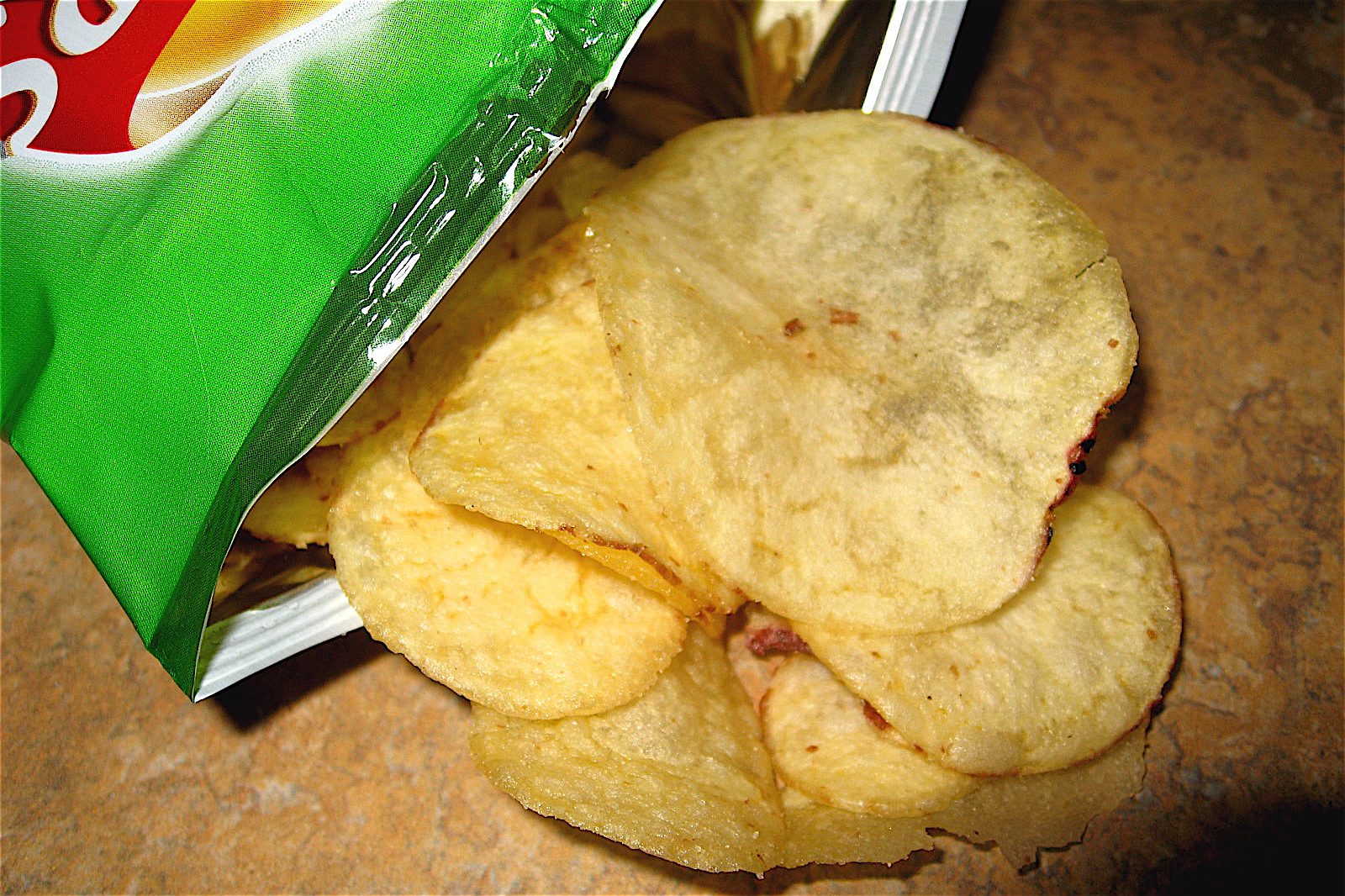Catherine Nichols
My sister’s cat was on the bathroom ledge yesterday when he must have lost his footing and fell. Seven stories. Splat. We didn’t know at first. We thought he had gone missing, so we did the usual. Plastered the building with notices. Knocked on neighbors’ doors. It was Delmar’s idea to look in the airshaft between our building and the next. There was Toby. Not much blood, surprisingly, just a thin stream of red trickling from his open mouth.
“Aren’t cats supposed to land on their feet?” my mother asked.
It’s my job to clear and set the table for dinner. Tonight Daisy’s settled there, her schoolbooks spread out over the pale Danish wood. She’s hunched over her notebook, doodling in the margins, her long, wavy hair cast out like a net.
“Move it,” I say.
“In a minute.”
“You never do homework this early.”
“It’s not homework.”
A tear runs down the side of her nose and lands with a plop, dissolving a squiggle into a watery purple blob.
She’s still upset about the cat so I cut her some slack. Toby was a gift to both of us from our dad before he went away, but he was hers mostly.
“Hey, Daisy.” I want to comfort her. Since we found Toby’s body she’s barely spoken.
“I’m sorry about Toby. That’s all.”
“You don’t get it,” she says and goes back to her drawing.
An opened suitcase takes up most of the bed. It’s filled with clothes and the last of my books. Tomorrow morning, I leave for Syracuse and college life begins. The room looks blank, impersonal with my stuff packed away, as if I haven’t lived here for the last five years. Outside it’s turning dark. I can see the George Washington Bridge stretching across the black water. Tomorrow it will take me out of the city. Except I feel as if I’m already gone, as if I’ve packed my self along with my belongings and had it shipped ahead.
I light a joint and stand at the window. There’s no ashtray, so I flick the ashes into my cupped hand. Then I toss the roach. It flips into the darkness, a red ember growing fainter. Against my will I think of Toby. Seven stories. Splat.
Daisy has disappeared from the dining area and so have her books. The table’s been set–four plate settings; crystal glasses; napkins–cloth, not paper–neatly folded. We never do each other’s chores, but tonight will be the last meal the four of us sit down together. Then I notice the place cards. They’re on carded paper, stiff and creamy white, folded in half, each name inked in Daisy’s flowing scrawl. Mom’s gold, mine’s blue, Daisy’s purple, her favorite color. Then there’s Delmar’s. Except his name isn’t on the card. Just “Cat Killer” in blood red.
Daisy is sitting crossed-legged on her tiny bedroom floor, her iPod cradled in her lap, rocking to the music. She’s changed into her fifth outfit of the day, a striped mini over black leggings.
I sit down beside her and nudge her. “He’s going to freak.”
She pulls out her earbuds. “Let him.”
“You really think he did in Toby?”
She picks at the midnight blue polish on her thumb. “He knew where to look.” She flicks a speck on the rug. “And what was the window doing open?”
“It’s to dry out the bathroom. It prevents mildew, he says.”
She snorts and wiggles her earbuds back in.
I try to image it. Delmar in the bathroom, a towel cinched around his waist, the cat nudging open the door, sauntering in. With each step lifting his paw high, not liking the damp tiles. He jumps onto the window ledge. And Delmar, what? Gives him a quick shove? I shake my head and the picture dissolves.
“And then there’s Lacey,” Daisy shouts, talking over the music only she can hear.
I concede Lacey. Lacey was a rescue dog, a scrappy mutt we adopted. Lacey, the woman at the shelter told us, had been hit by a car and broken a leg, but she was fine now, 100 percent, and ready for a home.
Then last summer, before Delmar moved in, he insisted Lacey had to go. Despite Daisy’s pleading, Mom found her a good home in the country, near Woodstock, with friends of friends. For about a year they sent us photographs–Lacey sitting in the seat of a tractor, Lacey chasing sheep, Lacey swimming in the lake. Then a Toyota hatchback hit her straight on–she never did learn about cars–and we stopped getting pictures.
Down the long hallway a key turns in a lock.
“Let it go,” I say. “You won’t win.”
“You don’t get it,” she says.
In the kitchen Mom spoons rice and peas into a serving bowl. Delmar stands by the bookcase, uncorking a merlot, the bottle clamped between his legs. I’m allowed to have a glass with dinner. He’s in a good mood. I wonder why. Then I see the goldfish. It’s swimming in a water-filled plastic bag secured with a twisty. Beside the bag is a glass bowl.
He notices me looking. “That should cheer up Miss Gloomy.” He grins and lifts the bag to peer at the fish. Through the plastic water his eyes, already big behind thick glasses, are enormous. “Thought of it on my own. Your mother didn’t have to tell me.”
Mom brings the roast chicken to the table for Delmar to carve. She catches my eye and I can tell she doesn’t think the goldfish is a great idea. All she says is, “How thoughtful.”
“Fish are the perfect pet,” Delmar informs us. “They don’t make noise, don’t need to be walked, and when they go, you flush them.”
We sit down to dinner. Daisy’s still in her room, despite being called twice. Next to her plate, swimming in its bowl, her new pet awaits her.
Mom, reaching for a breadstick, pauses and picks up her place card. “Lovely,” she says. “It’s almost calligraphy.”
Delmar squints at his; his eyesight is bad, even with glasses. Then his skin darkens, and I see he’s hurt. He tears the card in half and then in half again. Daisy isn’t even here to appreciate the gesture.
Delmar stares at me. I wear my bland, non-inquisitive face. It’s a look I’ve perfected. He knows it’s not me, though. It’s never me.
“Daisy,” he roars.
“What?” my mother asks, twisting in her chair to look down the hallway. “What has she done?” She reaches for the torn paper, smoothes each one out, and pieces them together. Her face tightens.
Delmar gets up, the chair scraping against wood. My mother jumps up at the same time, and her napkin drifts to the floor. Delmar strides down the hallway, my mother at his heels. I pour myself another glass of merlot.
Delmar pounds on Daisy’s door. “Come out,” he commands. The doorknob rattles. I imagine Daisy in her room, sitting on her rug, tapping out the beat to her music, eyes closed, head back, her long hair just missing the floor.
For all of Delmar’s bluster, no way is he knocking down the door, especially one he pays for. After more shouting, he marches back up the hallway, past the dining area, and slams the door to the bedroom he and my mother share. Before going in, Mom catches my eye, sighs, and shakes her head.
I help myself to the rice and peas, some chicken, and another glass of wine. I eat slowly, cutting the chicken into tiny bits and chewing until it’s mush. The goldfish swims round and around in its bowl.
Through the thick walls I can make out fragments of their fight: “cat killer,” “disrespectful,” “no control.” I don’t hear Mom much, just an occasional “I’m trying” and “difficult age.” She begins to sob, real sobs, the kind Daisy made after we found Toby. Then the door opens and Delmar, his black-rimmed glasses crooked, storms out of the apartment.
Around midnight I go back to the kitchen for a slice of cake. Daisy’s there, leaning against the counter, picking at the chicken carcass. Fresh from the shower, she’s wrapped in a white terry cloth robe, her long hair wet. It falls around her pale face like strands of seaweed.
On the countertop, the goldfish bowl is upside down in the drain rack. I don’t ask.
“He left,” I tell her.
She licks her lips, shiny with chicken grease. “He’ll be back.”
Daisy breaks off the wishbone and holds it up to me. We haven’t done the wishbone thing in years. Not since we were kids.
I take the other end, close my eyes, and pull. The rubbery bone is hard to break. When it finally snaps, I hold my half, afraid to open my eyes. Afraid to see if Daisy’s won.
Catherine Nichols live is Ardmore, Philadelphia, where she works as a freelance editor and writer. Her stories have been published in online and print journals, including flashquake, Vestal Review, Every Day Fiction, and Concisely.


